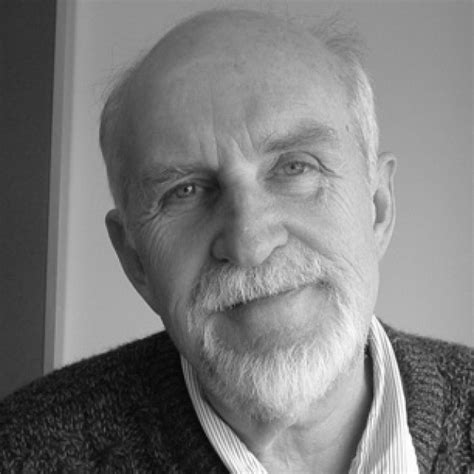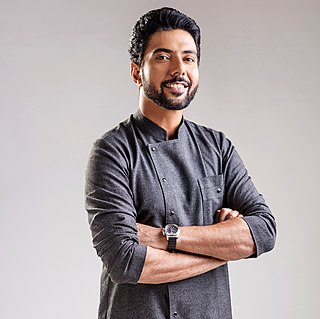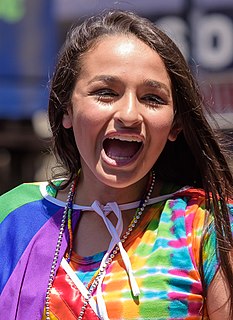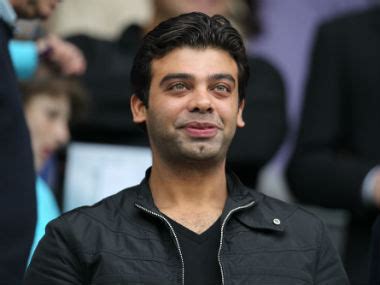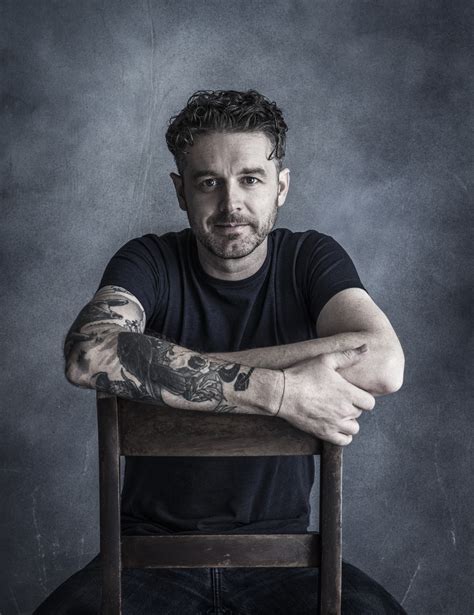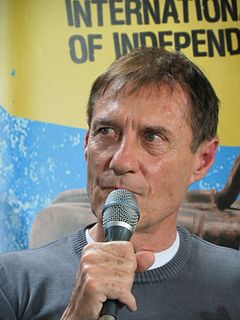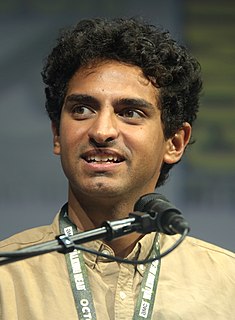A Quote by Andy Dunn
The youngest boy in an Indian family has a good life. Growing up in a matriarchal family where my Indian mom's culture was dominant, I experienced this first hand.
Related Quotes
The matriarchal society is thus the decadent and broken. The strongly matriarchal character of Negro life is due to the moral failure of Negro men, their failure to be responsible, to support the family, or to provide authority. The same is true of American Indian tribes which are also matriarchal today.
I had an Indian face, but I never saw it as Indian, in part because in America the Indian was dead. The Indian had been killed in cowboy movies, or was playing bingo in Oklahoma. Also, in my middle-class Mexican family indio was a bad word, one my parents shy away from to this day. That's one of the reasons, of course, why I always insist, in my bratty way, on saying, Soy indio! - "I am an Indian!"
I am extremely honoured by Indian Council For Culture Relations, India's apex body on the promotion of great Indian culture across the world for including cinema and I am deeply honoured for being the first person from the Indian film industry to represent the cause of this industry in the overall cultural promotion globally.




